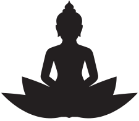
The history of Reiki is shrouded by confusion, much of it stemming from the misinformation disseminated by the founder of Western Reiki, Mrs Takata.
Mrs Takata no doubt had her reasons for misinforming her students and, as a consequence, the entire Western world; but both her decision to alter 'Dr' Usui's life history and her choice to portray herself as the only living Reiki master, resulted in a lot of valuable information being lost for several decades.
It is only in the last ten or so years that information has started to leak out of Japan and we have learnt more about who 'Dr' Usui really was and what sort of Reiki was practised not only in the Japan of his era but even today.
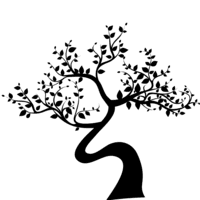
Depending on a) how mystical you are and b) how far you are willing to speculate on rather flimsy (but possibly true) evidence, the history of Reiki is genarally either seen to have began in Tibet (or, at least, ancient Buddhist times) or (less speculatively) with 'Dr' Usui towards the end of the 19th century.
Apart from arguments tracing certain Reiki symbols back to Buddhist scriptures, there is actually little precise evidence of Reiki originating anywhere else but with 'Dr' Usui.
That said, hands on healing has been around for thousands of years, so in a sense it may be possible to trace Reiki back to ancient Buddhist scriptures, Christ, or even further back. If we do so, however, we are in danger of the term 'Reiki' losing all real meaning.
If it is simply 'hands-on-healing', then why bother calling it 'Reiki'?

'Dr' Usui was not a doctor in the true sense of the term. Sure - most probably to make him more palatable to the West after the 2nd World War - Mrs Takata claimed he gained a PhD in theology at the University of Chicago; but in truth he neither studied theology nor attended the university of Chicago - or any other Western university, for that matter.
His actual cultural background was very Eastern and, although he remained with his wife and children, he actually became a Tendai Buddhist monk / priest.
Legend has it that 'Dr' Usui discovered Reiki after completing a 21 day fast on top of Mount Kurama.
On the last day - so the story goes - a great light appeared and entered through 'Dr' Usui's crown chakra, thus blessing him with the ability to heal throuh Reiki.
The story may or may not be true; what we do know is that 'Dr' Usui did develop a great capacity to heal. As a result of this he he went on to teach his method of healing - which he called Reiki.
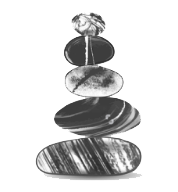
The problems with the misinformation disseminated by Mrs Takata is that because they were told it didn't exist any longer, no one in the West looked for information relating to the system of Reiki as practised in Japan.
Fortunately, In the '90s much new information came to light (a good deal due to the work of Frank Arjava Petter) and it was subsequently learnt that Reiki never died off in Japan (as Mrs Takata taught), but has continued to be practised even to this day in a manner far closer to the original system as taught by 'Dr' Usui.
Now, for the first time, many Western Reiki practitioners have access to a wealth of Reiki knowledge and techniques that has started to revolutionize the way Reiki is practised.
These techniques - that tend to be far more systematic than the myriad different systems taught in the West - have a great depth that can deepen the Reiki connection of even experienced practitioners.
Those interested in learning more are invited to participate in the Reiki Level 1 course currently being offered by the Om Reiki Centre.
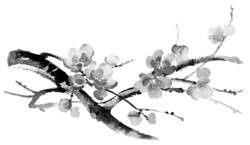
While huge amounts of scientific research has not been conducted on Reiki, enough has been done to suggest that further study of its ability to treat illness, both psychological and physical, is warranted.
Below I will give a summary of some important studies that indicate the positive effect Reiki can have on health related issues (most of the original research papers can be found at Pubmed.gov).
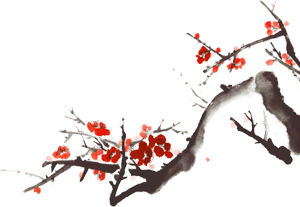
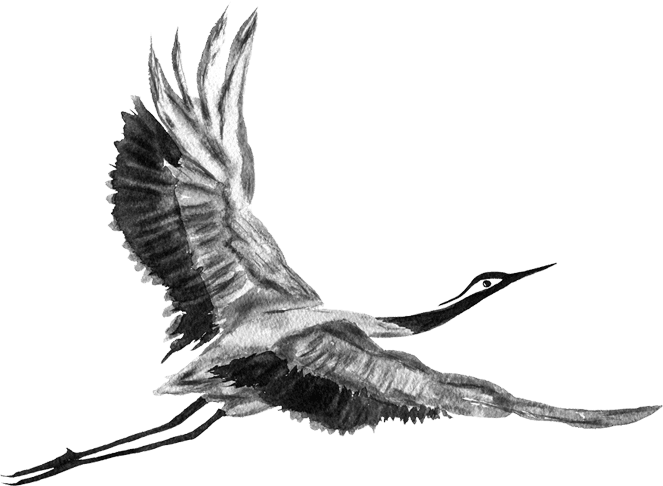
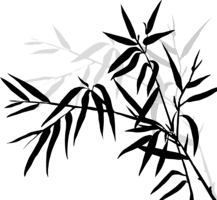
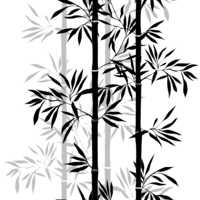


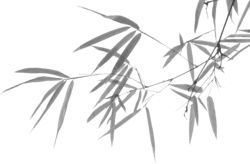
A trial done on 24 advanced cancer patients by Olson, Hanson and Michaud showed a 'highly significant improvement in pain control' following Reiki treatments (p 992, Journal of Pain and Symptom Management, Vol, 26 No. 5, November 2003).
The trial consisted of two groups, one of which received traditional opioid management plus Reiki and the other opioid management plus rest (for the same length of time as the Reiki treatments).
Participants who received opioid therapy plus Reiki reported 'a significant improvement in pain, and a significant drop in diastolic blood pressure and pulse, compared to participants who received standard opioid therapy plus rest.' .
Even more interestingly, the trial had to be concluded because patients who received opioid treatment plus rest became increasingly unwilling to be stuck in their group. They all wanted be part of the reiki test group!

A study done by Vitale and O'Connor * to measure both pain and anxiety levels in women after abdominal hysterectomies indicated that the experimental group that received traditional nursing care plus three 30-minute Reiki sessions, reported 'less pain and requested fewer analgesics that the control group. Also, the experimental group reported less state anxiety than the control group on discharge at 72 hours post operation.'
* Vitale and O'Connor, The Effect of Reiki on Pain and Anxiety in Women With Abdominal Hysterectomies: A Quasi-experimental Pilot Study, Holistic Nursing Practice, Volume 20(6), November/December 2006, p 263-272)
A study conducted by Barbara Brewitt, MDiv, PhD, on patients with multiple sclerosis, lupus, fibromyalgia and thyroid goiter demonstrated that 'Reiki has beneficial effects on lymphatics and lymph flow in the immune system.' All patients documented also 'increased relaxation, a sense of "centeredness", a reduction in pain and an increase in mobility after Reiki sessions.'
(see http://www.asunam.com/efficacy_of_reiki_hands.htm for to view the full study.)
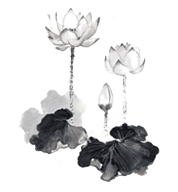
A study conducted by Dr Wardell and Dr Engebretson (Biological correlates of Reiki Touch healing, [found in Journal of Advanced Nursing, 33(4), 439-445]) concluded that even just a single Reiki session 'has an effect on decreasing perceived anxiety, increasing signs of relaxation and increasing humoral immunological functioning through an increase in [secretory] IgA.'
It was also found that systolic blood pressure mesurements decreased significantly after a Reiki treatment.

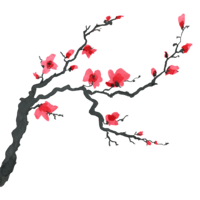
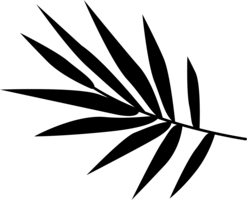

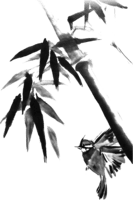
It is well known that fatigue is a common side effect of cancer treatment and recovery. Tsang, Carlson and Olson conducted a test (published in Integrative Cancer Therapies, 2007; 6; 25) ) to measure whether Reiki treatments could help fight this fatigue.
Patients were separated into two groups: one which received Reiki for five consecutive days, followed by a one week washout monitoring period and then an additional two treatments (after which they had two weeks of no treatment). The other rested for 1 hour a day for five consecutive days and had a one week washout monitoring period.
The result was that subjects in the Reiki group found pain to be decreased after each of the seven treatments and they also found 'significant improvements in the quality of life compared to those in the resting condition.'
These improvements were not found in the non-Reiki group.

Reiki has been used successfully in several US hospitals to aid regular medical procedures.
According to Marilyn Vega, RN, a private-duty nurse at the Manhattan Eye, Ear and Throat Hospital in New York, "Reiki accelerates recovery from surgery, improves mental attitude and reduces the negative effects of medication and other medical procedures (Reiki for a New Millennium, William Lee Rand, Health Harmony, 2000, p 95.)
A good example of a Reiki working hand in hand with traditional medical practice is the Tucson Medical Center's Reiki Clinic, also discussed in Rand's book, 'Reiki for the New Millennium'. Here Reiki has become very popular among patients who regularly ask for it due to the positive experieces they have had with it.
In general, hospitals that include Reiki as a complementary option have found that having a Reiki session before operations often helps them to go more smoothly. It also generally helps patient to recover more quickly.
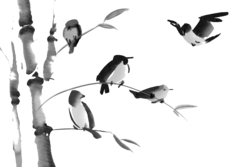
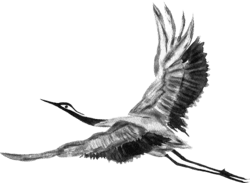
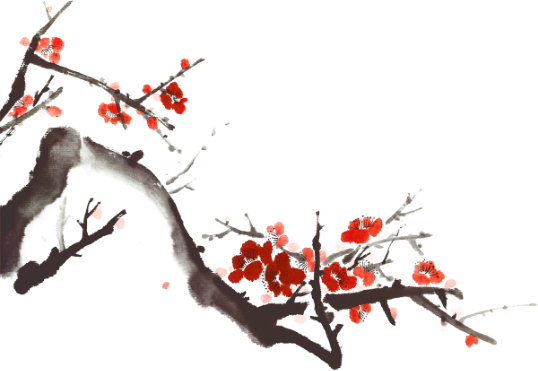

There are now dozens of different Reiki schools in the West, many of which claim to be superior to others. This can be confusing for anyone interested in either taking a Reiki treatment or participating in a Reiki course.
As a result, we need to ask ourselves the following questions: Is there really such a big difference between Reiki schools? Or does it simply come down to the quality of the Reiki Master either giving a treatment or taking a course?
To understand the issue we need to realize that in actual fact there are only two real Reiki schools: those that practise traditional Japanese Reiki (for instance, Usui Reiki Ryoho) and those that have descended from Mrs Takata's teachings in the West.
What you will find is that while there are certainly differences in what is taught in Western Reiki schools, qualitatively there is no huge difference. Their core is almost always very similar - no matter what each Reiki school says.
This changes when we look at the Japanese style Reiki that has only recently been discovered in the West.

The main difference here is that healing no longer has a central place in the Reiki practice. Rather, Reiki is a path to enlightenment - and healing is just one of several components on this path.
The emphasis with Japanese Reiki is on personal evolution, and healing is in many ways just a by-product of this quest.
Furthermore, the place the 'sacred' symbols have in Japanese style Reiki is very different. Symbols in the Japanese schools are seen more as 'training wheels'. They help focus the mind of the practitioner, but have no real other significance. In this sense, Japanese Reiki is actually a lot less mystical than its Western equivalents.
Naturally, I do not wish to say that Western schools are necessarily worse and that the differences among them aren't important; but it is fair to say that when you clear away the mysticism and rituals they are more alike than not.
Reiki healing energy feels the same, regardless of whether you call it Shamballa Reiki or Rainbow Reiki.
The moral then, is that the most important thing is not what school of Reiki you are interested in trying out, but rather the quality of the Reiki Master teaching it. This, ultimately, is what makes all the difference.
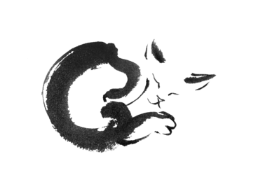


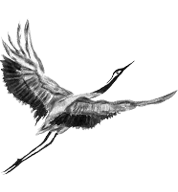
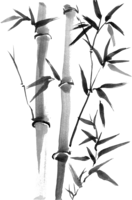
Sign up for our weekly Reiki newsletter and receive '18 things you need to know about Reiki' for free.
If you're looking to take a Reiki course, you need to read this ebook first!
Learn the critical mistakes prospective students make. Ensure you find the course that best suits your needs.


10:00 am - 5:00 pm both days
Melbourne (Fitzroy Nth)
Instructor: Jeremy O’Carroll
Investment : $490 (or 3X or 5X monthly instalments)
10:00 am - 5:00 pm both days
Melbourne (Fitzroy North)
Instructor: Jeremy O’Carroll
Investment : $490 (or 3X or 5X monthly instalments)
10:00 am - 5:00 pm both days
Melbourne (Fitzroy Nth)
Instructor: Jeremy O’Carroll
Investment : $1675 (or 3X or 5X monthly instalments)
10:00 am - 5:00 pm both days
Melbourne (Fitzroy Nth)
Instructor: Jeremy O’Carroll
Investment : $490 (or 3X or 5X monthly instalments)
10:00 am - 5:00 pm both days
Melbourne (Fitzroy North)
Instructor: Jeremy O’Carroll
Investment : $490 (or 3X or 5X monthly instalments)
10:00 am - 5:00 pm both days
Melbourne (Fitzroy Nth)
Instructor: Jeremy O’Carroll
Investment : $1675 (or 3X or 5X monthly instalments)
10:00 am - 5:00 pm both days
Melbourne (Fitzroy Nth)
Instructor: Jeremy O’Carroll
Investment : $490 (or 3X or 5X monthly instalments)
10:00 am - 5:00 pm both days
Melbourne (Fitzroy North)
Instructor: Jeremy O’Carroll
Investment : $490 (or 3X or 5X monthly instalments)
10:00 am - 5:00 pm both days
Melbourne (Fitzroy Nth)
Instructor: Jeremy O’Carroll
Investment : $1675 (or 3X or 5X monthly instalments)

© 2022 Om Reiki Center. All Rights Reserved.